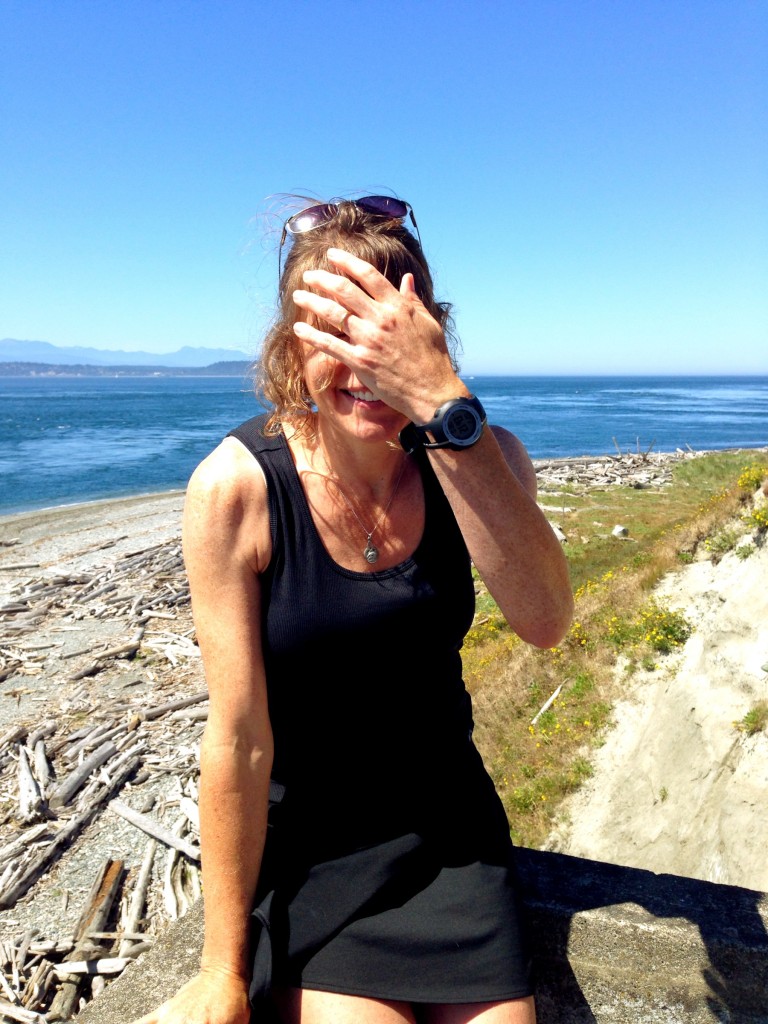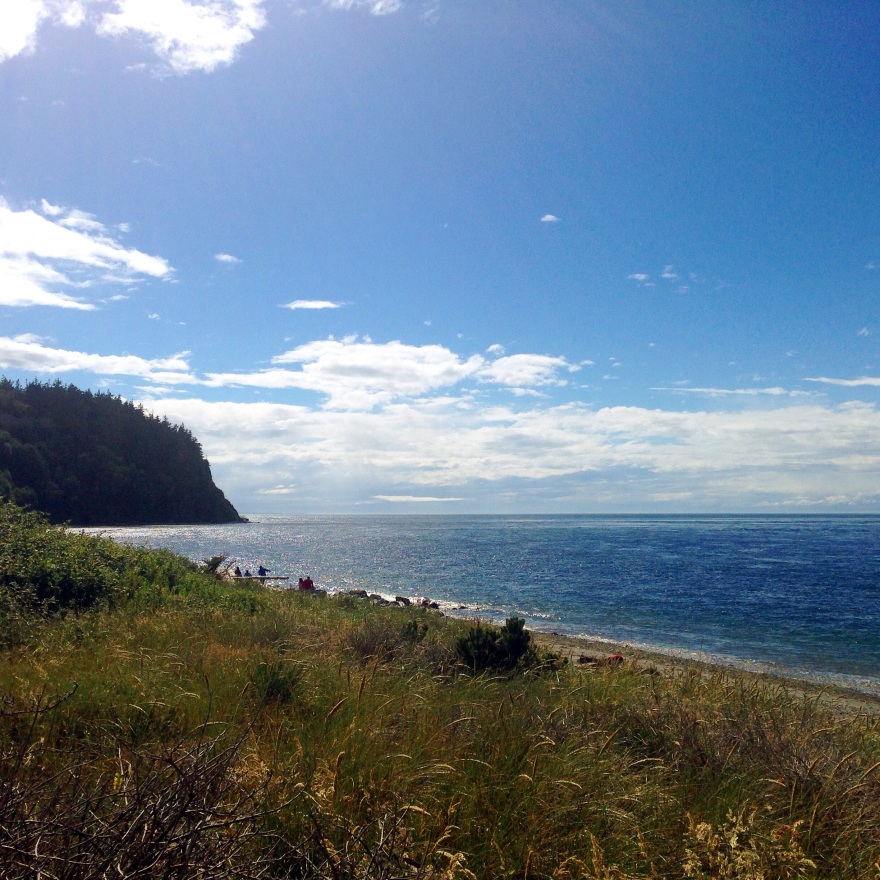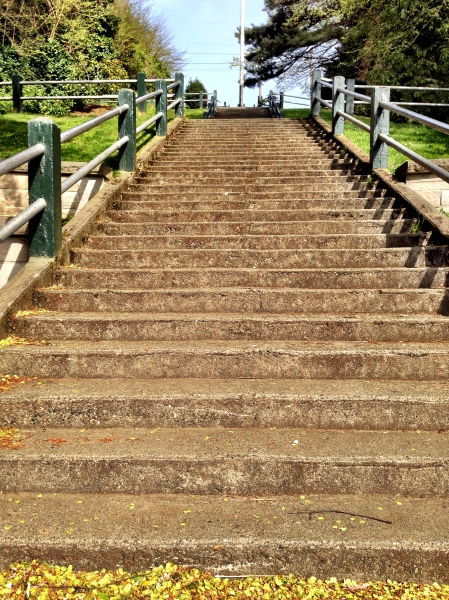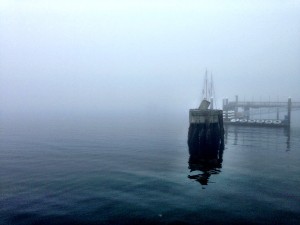“For last year's words belong to last year's language And next year's words await another voice.” ― T.S. Eliot, Four Quartets
I admire the notion of wiping the slate clean for the year to come, particularly at a time when the cold, dark hours are just beginning their slow creep toward the light. But it doesn't really work that way, does it? Chances are, regardless of our resolve, we will wake on February 1 still in these same bodies in need of more exercise and less sugar; in these brains in need of more fresh thought and less group-think; in these hearts in need of more gratitude and less comparison.
I'm not immune to the My Year in Review tradition, but I find as I age that it's less harrowing to keep rolling through the process of life, rather than marking an end to another year. I already have my birthday to thank for that time of mourning. Serendipitously, my birthday comes at the beginning of autumn, which is a far more natural time for me to renew and reflect, to make resolutions (intentions toward permanent change) or establish goals (markers toward a specific achievement).
Yet on January 1, 2015, I came upon this essay by Molly Fisk Pick a Word for the Year. Being a logophile, the idea of selecting a word to guide me through the year, instead of making a resolution, made me clap my hands in delight. Yes! This is a ritual I can embrace!
This is my word. Isn't it beautiful? Greek. It's a whisper that tickles the ear, a cirrus cloud that skims across a blue sky: Sɑːr-moʊ-'lɪ-pi.
From the Edinburgh Fringe Festival, I found this description most meaningful: ‘Charmolypi evokes a metaphysical reflection, expressed through the language of the body’ (Dziennik Teatralny). Loosely translated, charmolypi means ‘joyful sorrow’.'
Charmolypi belongs to a tiny family of words I adore, including Hiraeth, Saudade, Sehnsucht and Natsukashii, that contains sentiments of bittersweet longing, a yin-yang of joy and sorrow. It is a feeling that comes only when we allow ourselves to feel deeply, profoundly, painfully, wholly. The yearning is not for a specific place, person, or thing—it is the unnameable ache when you hear a particular piece of music, when the light slants a certain way, when a scent or taste catches you unawares and sends you reeling back into memory.
What Charmolypi signifies to me, why I've chosen it as the word to guide me this year, is the acceptance of sorrow as it mingles with joy. I have come to accept the inevitability of depression and anxiety in my life and rather than fight against that tide, I am learning to swim with it, to recognize the beauty that comes with the still, dark moments. These are the time when I listen most deeply, not only to myself, but to the world around me; when I touch the most compassionate parts of my soul and emerge with a stronger, bigger heart.
In harmony with 'the language of the body,' Charmolypi is embracing this body as it ages, learning to treat its limitations with respect while still pushing it to greater heights. I've been craving the power and playfulness that seem to fall by the wayside as the years pass. I've kept up a yoga self-practice for years, but since returning to formal classes a few weeks ago, I am again witnessing the transformation of my body and mind. It is with Charmolypi that I turn away from training for a marathon, which is only a date on the calendar, a short-lived event, but represents the pounding stress of increased mileage and intensity that this body doesn't need. Instead, I turn toward a practice that builds up what aging naturally whittles away: strength and flexibility and balance. I embrace the grace that comes with intention and breath.
Charmolypi is the bittersweet process of letting go. It is my determination not to expend emotional energy on those who cannot respond in kind; of finding that sometimes-wobbly balance between compassion and patience and the sweet relief of release; of accepting that forgiveness does not mean I need open the door to unhealthy people.
It is the understanding and acceptance that as I walk on the path to publication, my time and my words will not always belong to me, that as much as I am lifted up by the support of others, there is also a surrender. I am acutely aware of this now, in the thick of the editing process, when I see my vision, my story, reflected in others' eyes. I prepare myself for the day when it is released and belongs to anyone who reads it. There is Charmolypi—joy mixed with regret mixed with hope mixed with resolve.
'Last year's words belong to last year's language,' T.S. Eliot reminds us. Which words await your voice in 2015?






